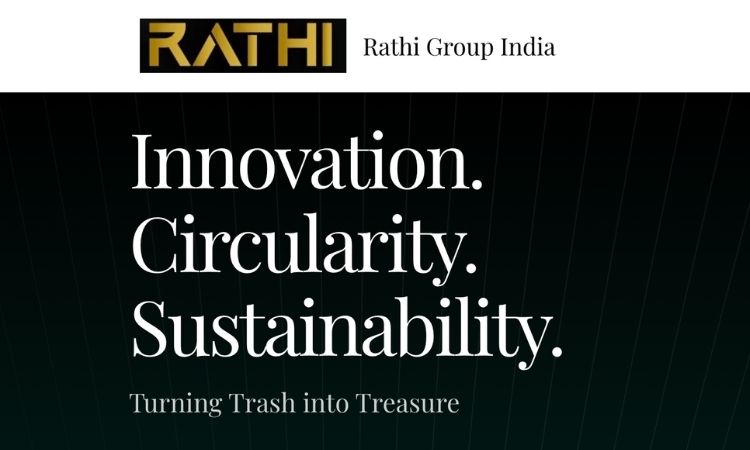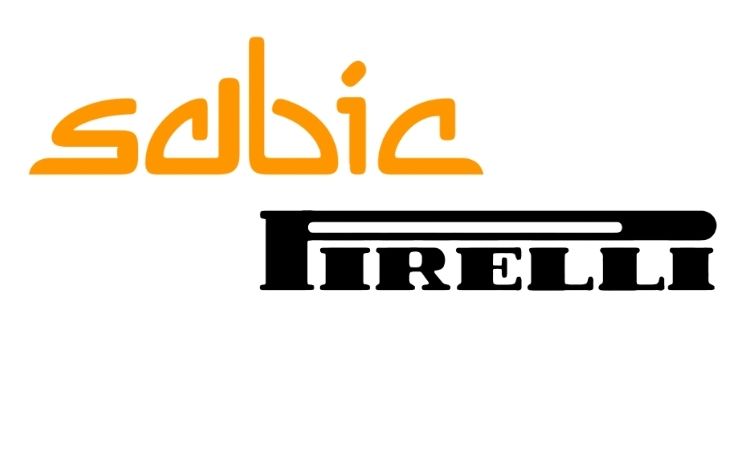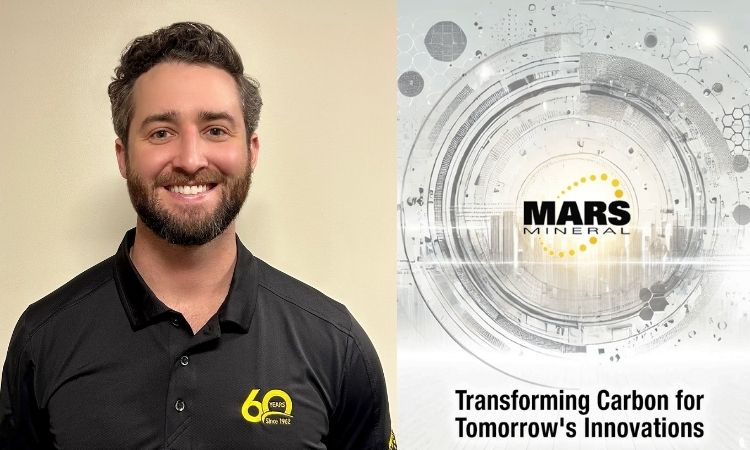German WDK calls for clear EU-wide End-of-Waste regulation for tires
The German Rubber Industry Association (WDK) is urging European and national lawmakers to implement a harmonized and legally binding End-of-Waste (EoW) framework for used tires and recycled rubber materials. The call is part of a broader push to strengthen the circular economy in the tire and rubber sector, reduce regulatory uncertainty, and facilitate investment in recycling infrastructure.
Currently, there are no uniform criteria across Europe for determining when recycled tire materials cease to be classified as waste. As a result, even high-quality secondary raw materials—such as rubber granulate and powder—continue to carry the legal status of waste. This ambiguity creates a challenging business environment, deters investment in advanced recycling technologies, and hampers the market integration of sustainable materials.
Stephan Rau, WDK’s Technical Director, emphasized the importance of a standardized approach: “Without clear EoW regulations, valuable materials remain trapped under the waste label. This restricts their market usability and undermines the industry's transition toward a more sustainable future.”
WDK’s proposal includes several key recommendations:
- EU-wide harmonization of EoW definitions and chemical safety standards for recycled rubber.
- Mandatory use of certified disposal services for used tires, with transparent tracking of tire flows.
- Support for mechanical and chemical recycling, including simplified approval processes for pyrolysis plants.
- Recognition of retreaded tires as full-fledged products, not pre-products, to remove regulatory barriers.
- Incentives for construction and infrastructure projects to incorporate recycled rubber materials.
- Tax benefits and funding schemes to promote the use of circular products in both public and private sectors.
The association also highlighted the critical role that devulcanized rubber, fine rubber powder, recovered carbon black (rCB), and tire pyrolysis oil (TPO) can play in reducing dependence on primary raw materials. WDK argues that these materials must be recognized as legitimate secondary raw materials through EoW regulation, enabling them to replace fossil-based inputs in tire and rubber manufacturing.
WDK has also advocated for a transparent, quantitative system for tracking used tire flows to ensure environmental compliance and prevent illegal exports.
“A comprehensive End-of-Waste framework is long overdue,” WDK stated. “It is time to move from fragmented, outdated regulations to a cohesive legal structure that empowers the circular economy, strengthens the internal market for recycled materials, and supports innovation in the rubber industry.”
To learn more about the topic, proceed to WDK's website.
Weibold is an international consulting company specializing exclusively in end-of-life tire recycling and pyrolysis. Since 1999, we have helped companies grow and build profitable businesses.









